GOOD FORTUNE
“The gambit played by Good Fortune is a bold one…but it more than pays off in this gripping and infuriating film.”
– Chris Barsanti, FilmCritic.com
“Deeply affecting…exposes the collisions of ambitions and traditions, promises and disappointments. 9 Stars out of 10.”
– Cynthia Fuchs, PopMatters
“As this fascinating and infuriating film illustrates . . . the road to hell is indeed paved with good intentions.”
– Brandon Harris, In These Times
SYNOPSIS
Good Fortune is an Emmy Award-winning feature documentary that explores how massive international efforts to alleviate poverty in Africa may be undermining the very communities they aim to benefit. Through intimate portraits of two Kenyans battling to save their homes from large-scale development organizations, the film presents a unique opportunity to experience foreign aid through the eyes of the people it is intended to benefit.
On the outskirts of Nairobi, Silva’s home and business in Africa’s largest squatter community are being demolished as part of a United Nations slum-upgrading project. In the rural countryside, Jackson’s farm is being flooded by an American investor who hopes to alleviate poverty by creating a multi-million dollar rice farm.
Interweaving meditative portraits of its characters, Good Fortune examines the real-world impact of international aid. With a broad scope and intimate style, the film portrays gripping stories of human perseverance and suggests that the answers for Africa lie in the resilience of its people.






